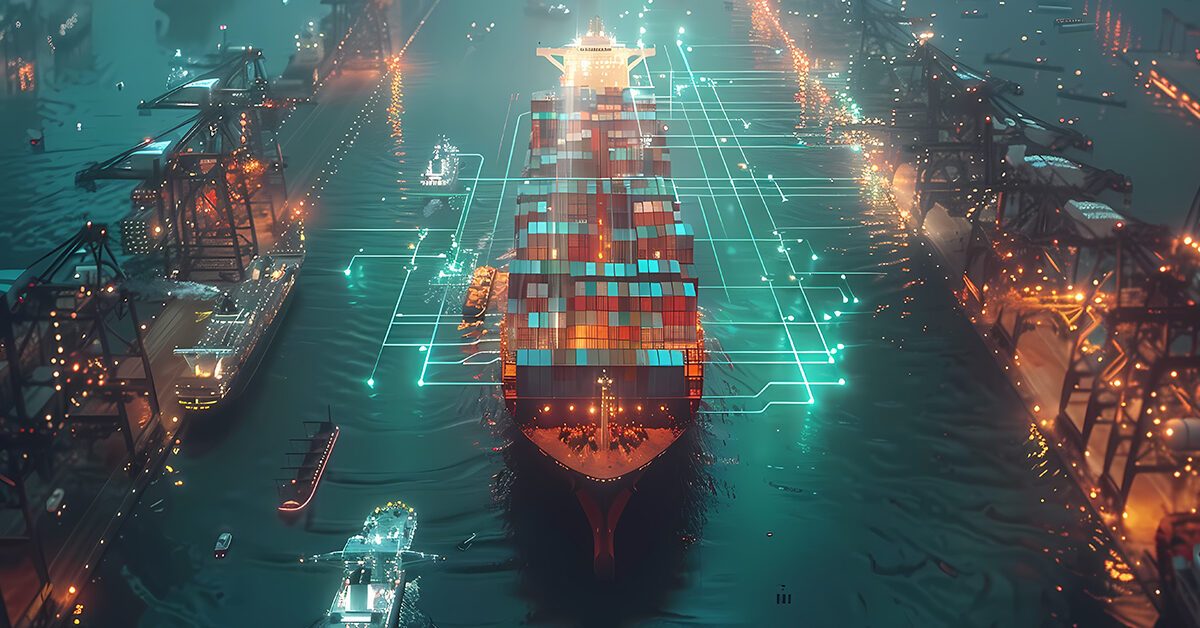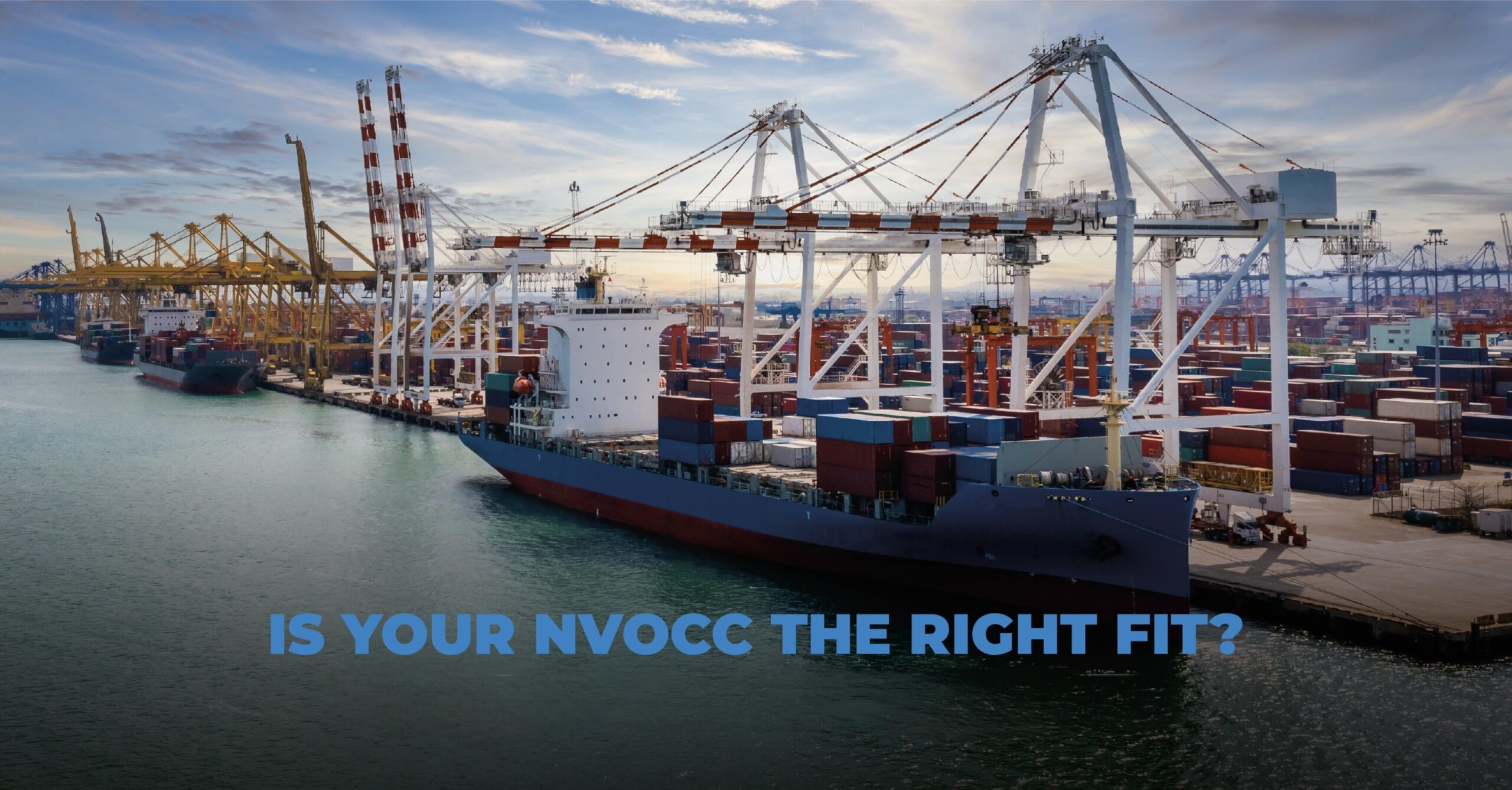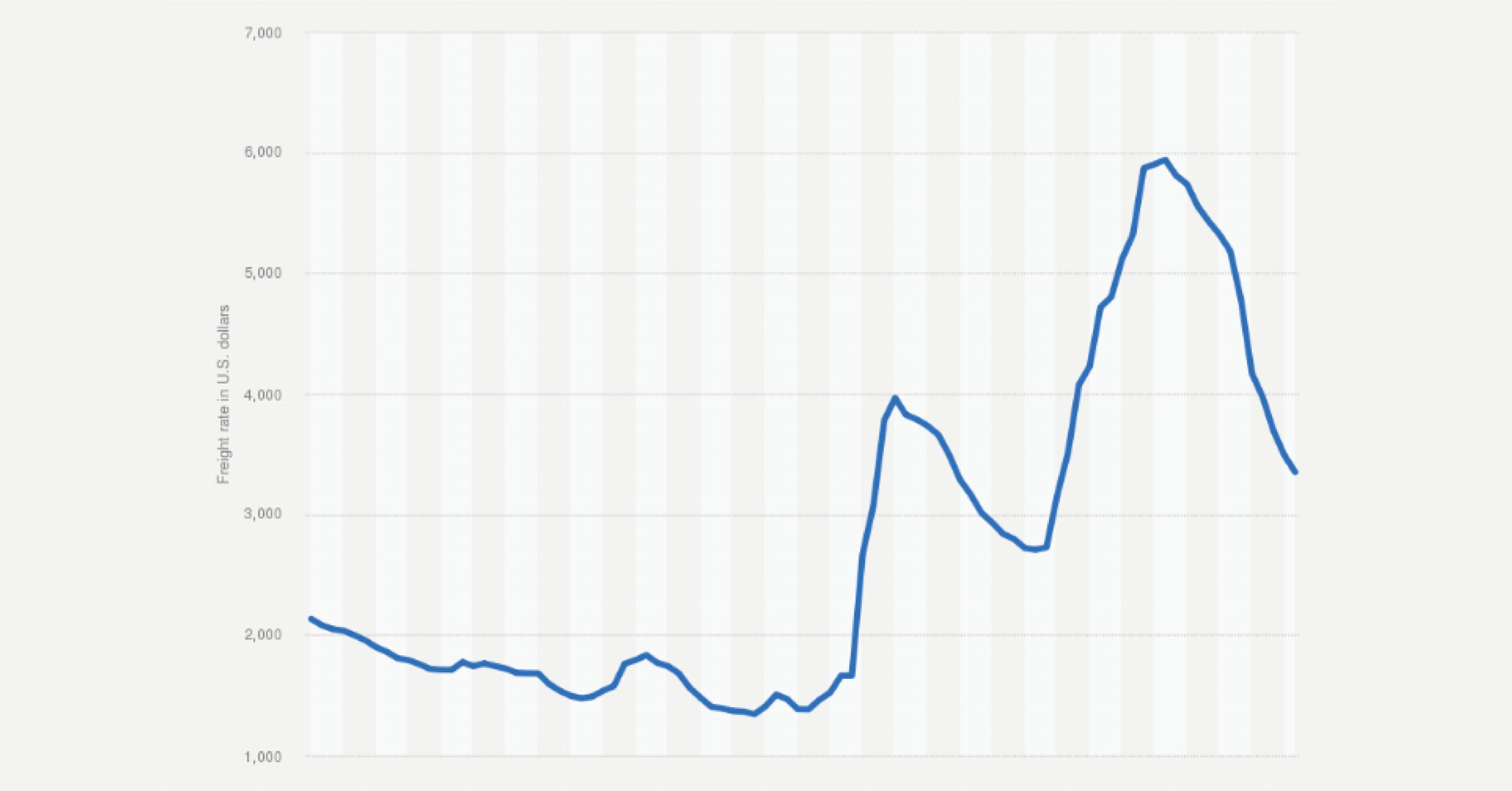As we move into 2025, Non-Vessel Operating Common Carriers (NVOCCs) are poised to undergo significant transformations driven by technological innovations, evolving market demands, and regulatory changes. NVOCCs, which facilitate ocean freight by acting as intermediaries between shippers and carriers without owning vessels, are increasingly becoming pivotal players in the global logistics landscape.
Technological Advancements
One of the most impactful innovations for NVOCCs is the adoption of advanced digital platforms. Enhanced visibility tools, powered by blockchain and artificial intelligence (AI), are streamlining operations and fostering transparency in supply chains. Blockchain technology allows for real-time tracking of shipments, ensuring data integrity and enhancing trust between stakeholders. AI-driven analytics can predict shipping trends, optimize routing, and improve inventory management, allowing NVOCCs to offer tailored solutions that meet the dynamic needs of their customers.
Moreover, the integration of Internet of Things (IoT) devices is revolutionizing cargo monitoring. Smart sensors can provide real-time updates on the condition of shipments, alerting stakeholders to any issues such as temperature fluctuations or potential delays. This proactive approach not only enhances customer satisfaction but also minimizes losses associated with damaged goods.
Sustainability Initiatives
Sustainability is another crucial area where NVOCCs are innovating. As global pressure mounts for greener shipping practices, NVOCCs are increasingly adopting eco-friendly solutions. This includes the utilization of alternative fuels, such as biofuels and LNG, which significantly reduce carbon emissions. Furthermore, many NVOCCs are collaborating with shipping lines that prioritize sustainability, thereby enhancing their overall service offerings.
In 2025, we expect to see NVOCCs embracing circular economy principles by promoting recycling and sustainable packaging solutions. By positioning themselves as environmentally responsible partners, NVOCCs can attract clients who prioritize sustainability, thus enhancing their competitive advantage in a crowded marketplace.
Enhanced Customer Experience
The customer experience is also set to transform dramatically. With the rise of e-commerce and the demand for rapid delivery, NVOCCs are innovating to provide more flexible and responsive service options. Advanced digital platforms will enable customers to track their shipments in real-time, access instant quotes, and receive customized service recommendations based on their specific needs.
Additionally, automation in customer service—through chatbots and AI-driven support systems—will enhance efficiency, allowing NVOCCs to handle inquiries and issues more swiftly. This shift towards a more customer-centric approach will not only improve service quality but also foster long-term loyalty among clients.
Regulatory Compliance and Security
As international trade regulations evolve, NVOCCs must stay ahead of compliance requirements. Innovations in compliance management software will play a critical role in helping these operators navigate complex regulatory landscapes. Automated systems will ensure that documentation is accurate and up-to-date, reducing the risk of costly delays and penalties.
Furthermore, cybersecurity will remain a top priority as NVOCCs handle sensitive data. Investments in robust security measures, including encryption and secure access protocols, will be essential to protect both customer data and operational integrity.
Conclusion According to Ronald Chandiram, Managing Director of RSL Container Lines, RSL stands ready to embrace the innovations reshaping the NVOCC sector. With a strong focus on technological advancements, sustainability, enhanced customer experiences, and regulatory compliance, RSL is not only adapting to the changing landscape but also setting a standard for excellence in the logistics industry. By positioning itself as a forward-thinking partner, RSL Container Lines is poised to thrive in the evolving world of global trade, ensuring it remains a vital player in the supply chain of the future.






